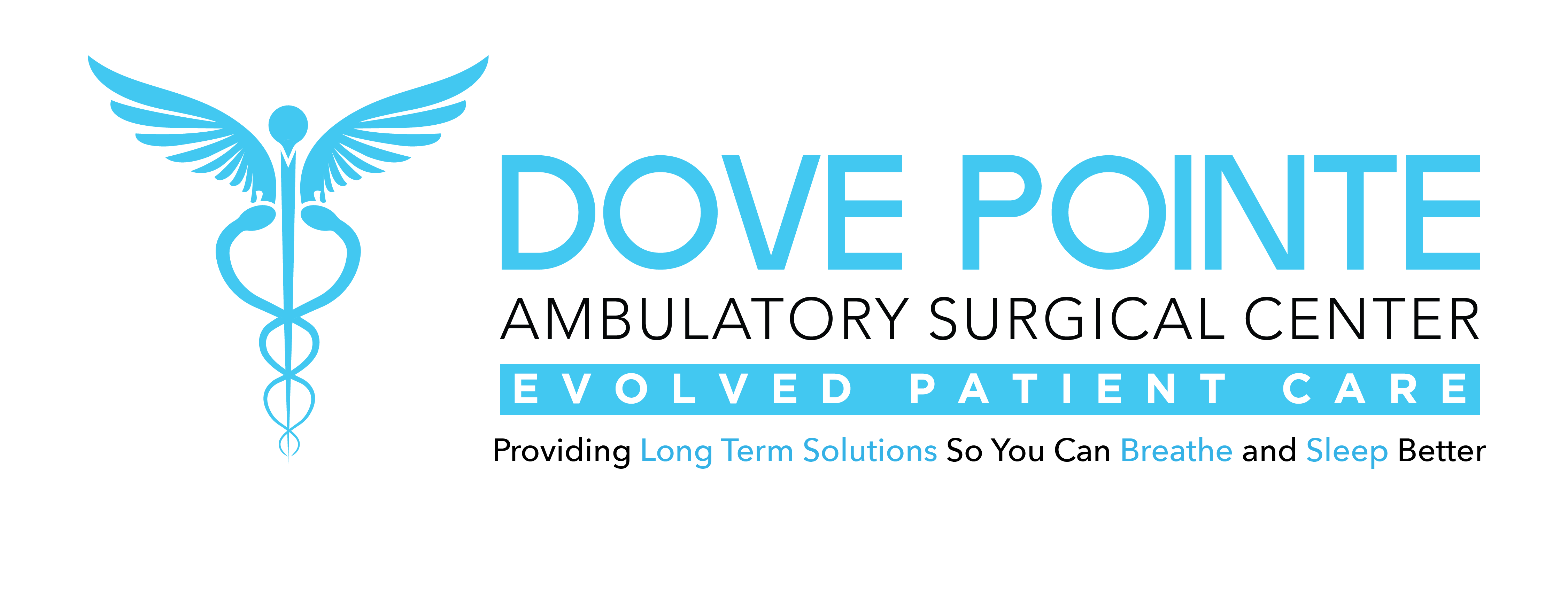Nasal polyps are teardrop-shaped growths that can form within the lining of your nose, often found where the sinuses open into the nasal cavity. These non-cancerous growths generally show up after ongoing swelling and irritation caused by chronic sinusitis.
If they’re small in size, you might not even be aware that you have polyps. The more massive they are, however, the more likely they are to lead to other issues like nasal obstruction, trouble breathing through the nose, snoring, and severe sinus headaches and pressure.
Let’s face it, as scary as discussing the topic of removing these obstructions is, the relief it can bring is unmatched. On the bright side, your trusted certified McAllen physician assistant Jonathan Lerma and his sinus relief team at the Glatz Group at VALLEY ENT have the answers to common questions regarding nasal polyps and nasal polyp removal surgery.
Common Causes of Nasal Polyps
In the vast majority of cases, nasal polyps develop over time after irritation and inflammation affect the mucus membranes that line the sinuses. It is not clear why some people get it while others don’t, but one major factor could be genetics. You may also be more likely to get nasal polyps if you have any of the following conditions:
- Chronic sinusitis
- Asthma
- Allergic rhinitis (hay fever)
- Sensitivity to particular drugs (e.g. aspirin)
- Cystic fibrosis
- Immune disorders
- Churg-Strauss Syndrome (a very rare disease that causes inflamed blood vessels)
Nasal Polyps Symptoms
Small polyps normally don’t cause complications, but if they’re bigger, there’s a greater likelihood of it causing issues, including:
- Nasal obstruction
- Breathing problems
- Runny or stuffy nose
- Sneezing
- Reduced sense of smell or taste
- Headaches and facial pain
- Snoring
- Sleep apnea
- Broadening of the nasal bridge (with particularly large polyps)
Nasal Polyp Treatment Options
To help you determine the appropriate nasal polyps treatment, a CT scan of your sinuses may be ordered, looking for any structural abnormalities (e.g. a deviated septum) or another condition like chronic sinusitis that’s causing your nasal polyps.
Some treatment options that are tried out initially include:
- Nasal steroid sprays – used to shrink polyps, help clear blocked nasal passages, and temporarily alleviate runny nose symptoms.
- Antihistamines – used to help reduce symptoms like runny nose while decreasing inflammation, particularly if inflammation is caused by allergies.
- Antibiotics – used to help treat polyps caused by a bacterial sinus infection.
- Oral steroid pills – used to reduce swelling and other symptoms, but they shouldn’t be taken long-term because of possible side effects.
What Nasal Polyp Surgery Involves
If the aforementioned treatments don’t provide relief, nasal polyps removal surgery may be a promising option. This type of surgery is called a polypectomy and is performed using an endoscope – a tube with a tiny camera that gives your McAllen ENT a detailed view inside your nose and sinuses.
In this procedure, the polyps and any other problematic tissue can be carefully removed. The instruments are passed through your nostrils to go through with the corrections, so no incisions will have to be made on your face.
Nasal polyps removal can be performed with another type of surgery if other sinus or nasal-related issues are contributing to your condition. These include:
- Functional Endoscopic Sinus Surgery (FESS): This surgery enlarges the drainage openings of your sinuses and fixes any other problems interfering with drainage to prevent a future buildup of mucus.
- Balloon Sinuplasty: A tiny balloon catheter is inserted through your nostril and inflated in your sinus pathway. The passageway is gently opened and widened to restore normal sinus drainage and function, and the balloon is then deflated and carefully removed.
It is worth mentioning that in many scenarios, nasal polyps removal can be very successful in reducing your symptoms; however, if your nasal polyps came from a genetic or allergic issue, the polyps could potentially re-emerge and require repeat treatments.
With that being said, nasal polyp surgery can provide relief, but it might not be permanent without additional treatment for the actual cause in the future.
Find Relief at VALLEY ENT With the Glatz Group
If you have concerns about COVID-19, we want to assure you that all precautions necessary are being taken each day at our office to ensure our patients and staff remain healthy.
We also use telemedicine to address 90 to 95% of our patients’ allergy symptoms without meeting face-to-face, but we also accept online consultations or phone calls. If you need treatment immediately, we will schedule an in-office procedure as soon as we can.
Ask for the Glatz Group at VALLEY ENT so you can be on your way to nasal polyp relief.



